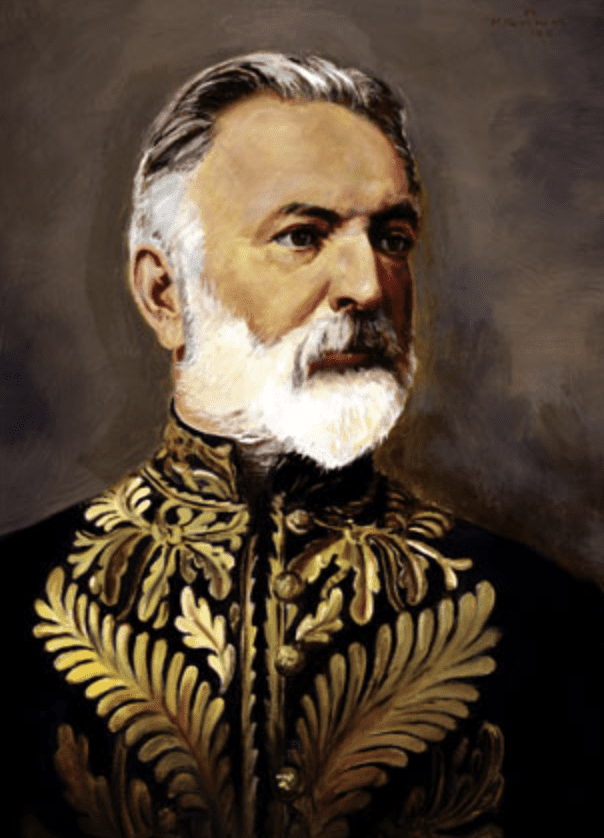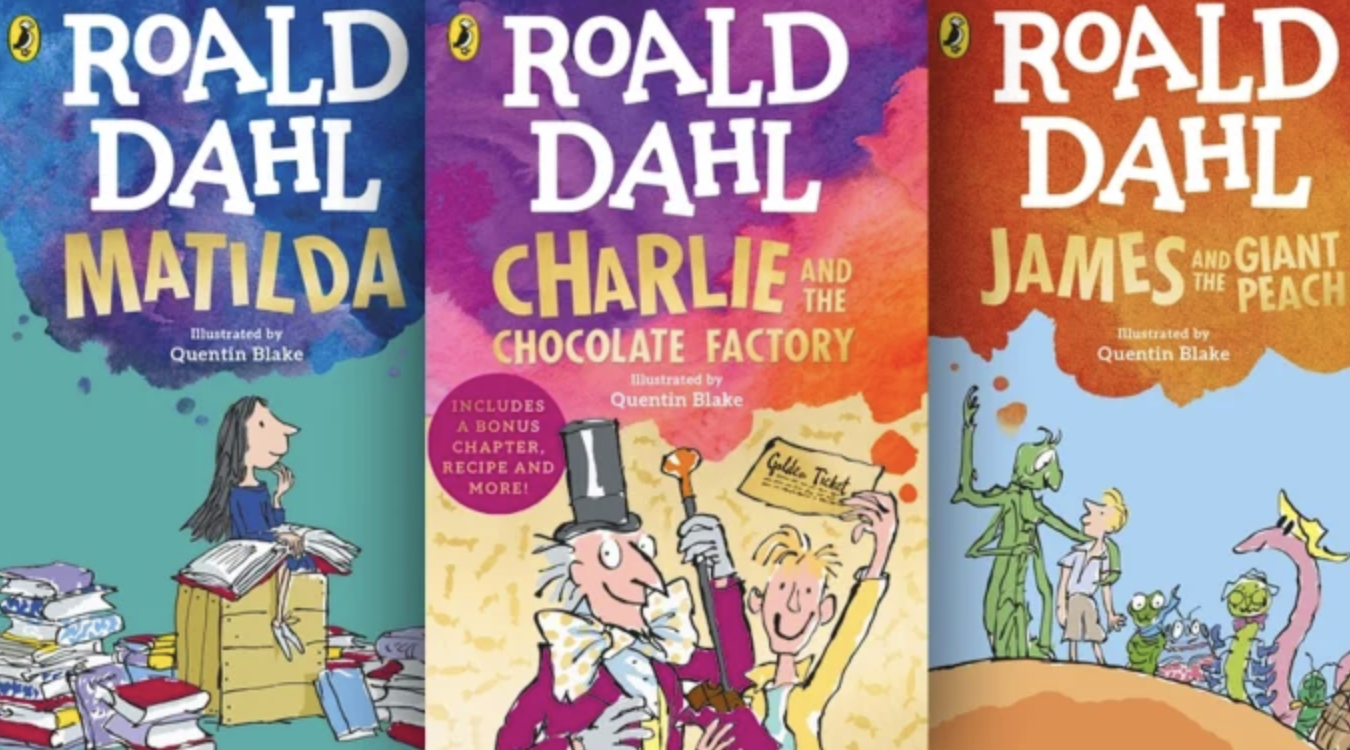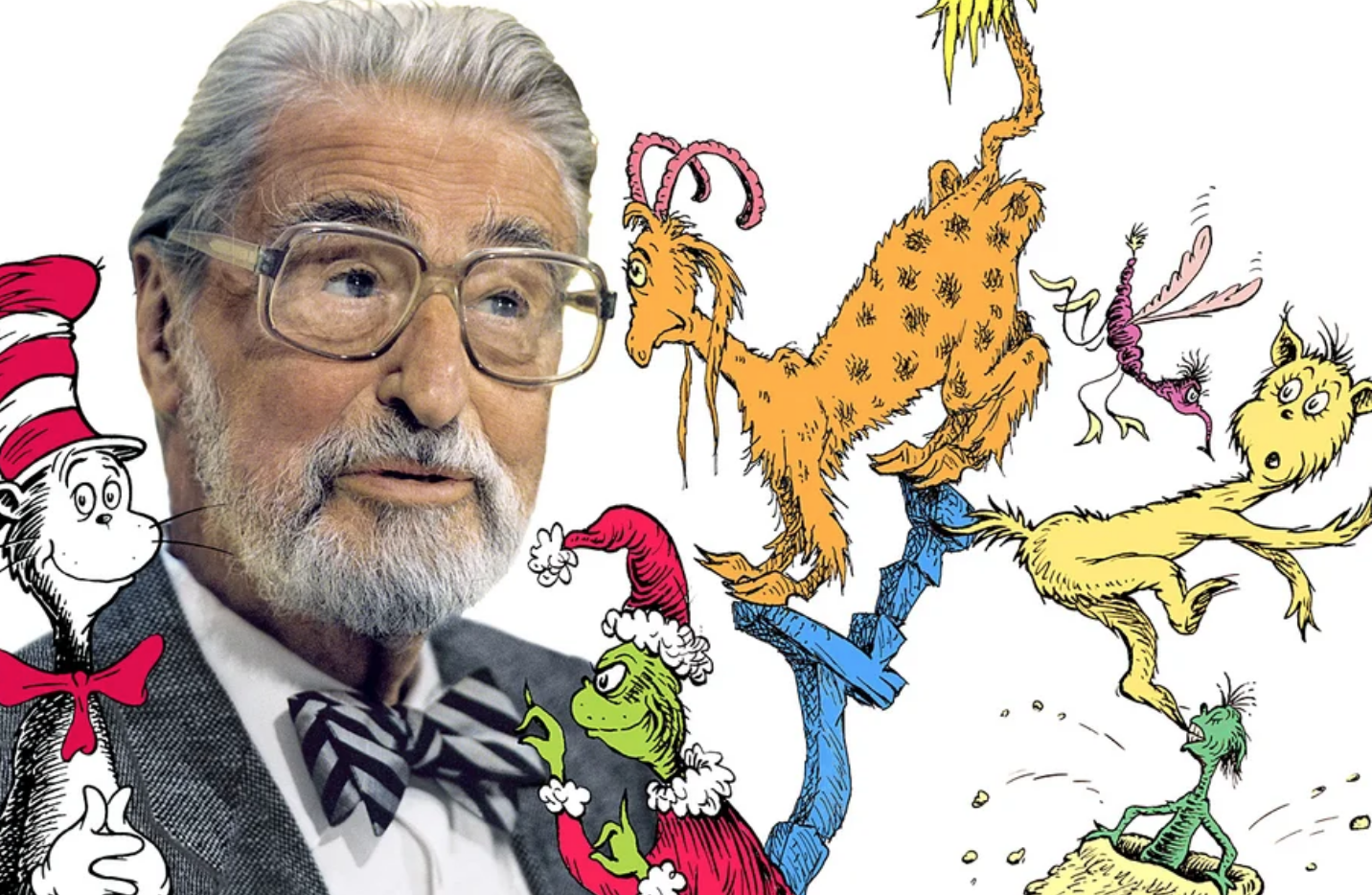Complaining about “cancel culture” in “so-called Canada” risks erasure. But let me put in a kind word for Edgar Dewdney on my way down the memory hole, because Comrade Stalin’s successors have decreed that no one shall know who he was.
Arguably they already don’t. As with Mackenzie Bowell, you’d probably have to dig him up before you could decapitate him then bury him again. As the English really did with Oliver Cromwell in 1661, some 29 months after his death, then dangled his carcass in chains at Tyburn, the main execution site, before beheading it, throwing it into a pit, and leaving his head to moulder on a post outside Parliament for some 23 years before they realized it was disgusting as well as petty (or someone stole it) and today he has a statue there instead.
It was controversial when erected in 1899 and remains so today, because of his various misdeeds including a savage campaign of conquest in Ireland. My own view is that he was somewhere around 3rd on the all-time list of dangerous rulers of the UK, behind Henry VIII and Bad King John. But he does have supporters and, love him or hate him, he really was Lord Protector for five years and it matters.
As for Mackenzie Bowell, well, he was our placeholder 5th Prime Minister and not a danger to anyone except high school history students menaced with narcolepsy. Summoned from the Senate to the Prime Ministership in 1894, he alienated his party with a moderate stand on the Manitoba Schools Question and was ousted in favour of Charles Tupper, improbably nicknamed the “Ram of Cumberland”, who lost an election so quickly he never sat in Parliament as Prime Minister (a dubious distinction he shares with John Turner and Kim Campbell) and that was it for the Tories as the natural government party. But I digress.
Well, maybe not. If you cared enough, you could probably find something very unwoke about Tupper, and comb the nation for a statue of him to deface. Or possibly not. He’s nothing to be proud of as a leader and not much to be ashamed of. But he supported Confederation so if Canada is a colonialist settler patriarchal genocidal state, we should deface his grave if we could find it or something. Especially as he was in Macdonald’s cabinet, indeed was once seen as Sir John A.’s likely successor, and residential schools orange shirt blah blah blah.
Which brings me finally to Dewdney the infamous or just non-famous. The knock on him, one of several British Columbian formerly historical non-persons thanks to the provincial Historical Sites and Monuments Board, speaking of obscurity, is that he supported hanging Louis Riel, publicly hanging some aboriginals who’d killed white people and, sin of sins, “encouraged Prime Minister Macdonald to establish industrial schools” for aboriginal kids. So the Historic Sites and Monuments Board erases him and “No new plaque will be prepared”.
We’re not to learn from his errors, appreciate his efforts, or anything else. He’s just going to vanish, unworthy even of our contempt. Which is surely a bit ominous. Especially as the show trial, as with Stalinist denunciations of “Whiteguard insects” and “mad dogs”, unleashed hate-filled neologisms about his 1976 ex-plaque “written from a colonial worldview” and “colonialism, patriarchy and racism” to assist “the ongoing process of truth-telling and reconciliation” by saying there never was an Edgar Dewdney and he was a monster. But there was and he wasn’t.
It’s not enough to mean well. Indeed plenty of horrible people did so, including Stalin. Someone passionately convinced that the wrong thing is right is far more dangerous than a mere cynic. But there’s something we really ought to learn from history and, for my money, a reason not to tear down all the statues of Stalin, or Lenin, lest we forget they ever ruled, with the passionate support of some and the tacit acquiescence of others.
As for Dewdney, he’s no Stalin. He held some views we might still applaud today, others we would deplore without reservation, and still others that we might well say channeled a commendable basic impulse in an undesirable direction accompanied by unsettling rhetoric. But the saving grace about him, and many thousands of others like him down through the years and across the globe, isn’t that he was right about everything. It’s that nobody is, so such lethally intolerant utopianism necessarily leads to bloody madness not honest harmony.
There are some people we remember only to condemn them like the inevitable Hitler. But there are others we honour with reservations not because we don’t have high standards but because we do have flaws.
In defending non-PC historical figures it won’t do to mumble about different times because if you’re not a moral relativist today, you can’t be one in 1885. And slurs in, say, rightly-beloved mysteries by Agatha Christie or Arthur Conan Doyle didn’t become wrong at some unspecified point between publication and the present. They were always wrong, and you only get a partial pass for making a then-popular error.
The people who created Auschwitz lived in a broadly antisemitic culture and we executed them anyway. Likewise if Richard III was innocent in 1483, he’s still innocent today, and the Tudors are illegitimate as well as generally scurvy. And it still matters. But it also matters that despite the odious character of Henry VII and the nightmarish Henry VIII, the story of Anglosphere liberty turned out amazingly well by comparison with the rest of the world and therefore with what we can reasonably expect of anyone including ourselves.
The Board of obscure vindictive persons doesn’t see it that way. Rather, in the spirit of a modern Cromwell or Lenin, they also erased a journalist over “the 19th century settler beliefs that Euro-Canadian culture and Christianity were superior to Indigenous cultures, traditions and spiritual beliefs.”
OK, comrades, so what’s the new party line? That all beliefs are equally valid, even pro-slavery, cannibalism or human sacrifice? That Indigenous beliefs, authentic or concocted, are superior to Christianity? Or is it just that, in the words of an immortal cartoon about the third-rate monstrosity Leonid Brezhev, that “Any questions and you’re under arrest.”
The past is tricky. I would not raze the Jefferson Memorial, or the Southern monuments at Gettysburg, leaving half a battlefield or none and refusing ever to discuss the matter. But I do insist that the fallen Confederates, like the Highlanders at Culloden Moor, deserved a better cause and that Jefferson, though he talked a good game including on libertarian economics, was actually one of the great villains of American history.
To get even more obscure, in both ways, what of country singer Johnny Horton? He memorably praised Jim Bridger (speaking of people you never heard of) for warning George Custer to respect the Sioux. But he also lauded “Johnny Reb” in a song that clearly idolizes the Confederacy in ugly ways. Still, if he’s yanked from the juke box and incinerated, what of contemporary aboriginal activists whose rhetoric oozes racial pride and contempt, sometimes even claiming a separate, immaculate Turtle Island conception for their Volk? It would cause conniptions in white mouths, rightly, and if it was wrong in 1885, it’s still wrong today. But have we no compassion?
As for the specific indictment against Dewdney, I think it is clear that the Canadian government mistreated Louis Riel badly, with malevolent persistence, for raising legitimate concerns. But by 1885 he was, at best, “not guilty by reason of insanity” for shedding innocent blood. So supporters of his execution were, at worst, wrong not subhuman. Likewise, residential schools were not proto-death-camps but flawed institutions with flawed staff trying to save aboriginals from being crushed beneath modernity’s Juggernaut. Had they not existed, would aboriginals have been better off then and would they be better off today?
Even if you say yes and yes, please remember that because nobody’s perfect, perfection is a dangerous standard. Lethally so.
It’s what makes a Puritanical tyrant like Pol Pot so dreadful. Or Cromwell, with his scatological contempt for Magna Carta and for his foes. It was difficult for the English to put their civil war behind them after more of them were killed per capita than World War I, by their fellows not foreign foes, over real irreconcilable differences, and it was much harder because Cromwell insisted on killing rather than exiling Charles I. But they managed it not by erasing one side as utterly wrong, but by realizing nobody had been completely right so humility and restraint were in order.
Had I lived in Dewdney’s day, would I have voted to hang Riel? Maybe. Would I have tried to provide aboriginals with a basic education including literacy? Definitely. Could it be done where they lived? No. Would you, had you lived then, created perfect solutions to everything? If so, erase my plaque and start the Purge.
John Robson has never existed and all must denounce him.









